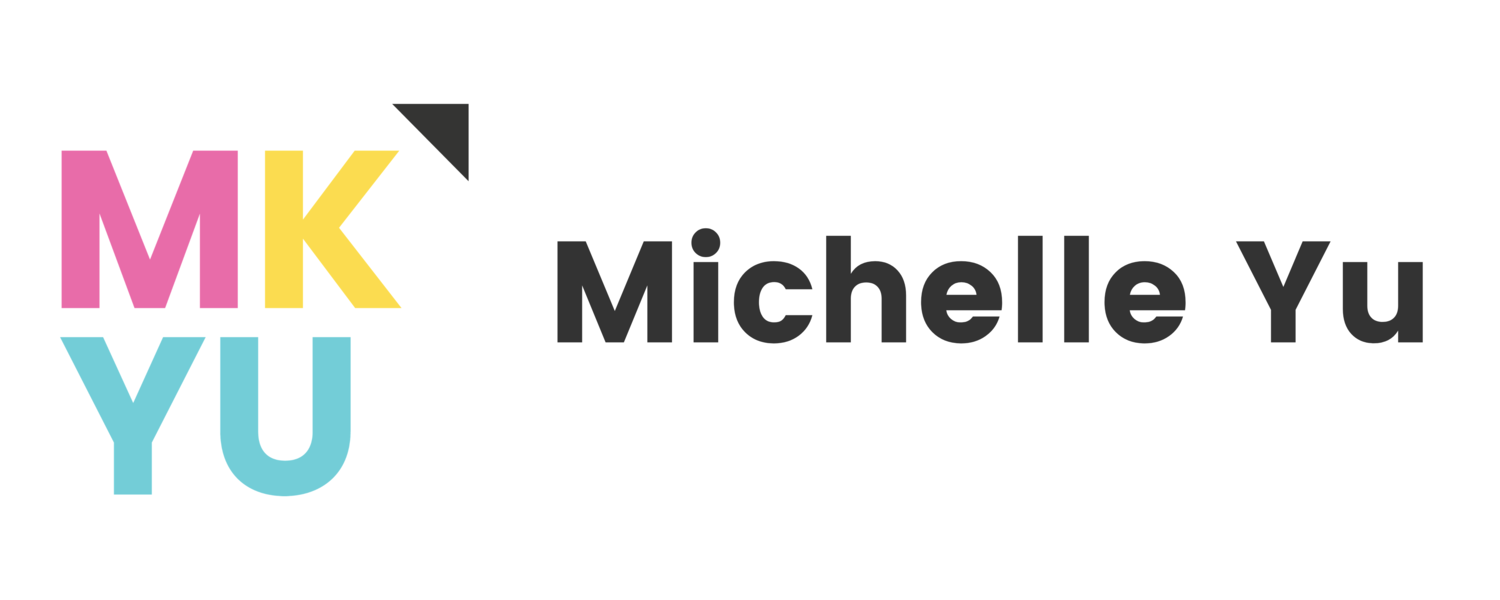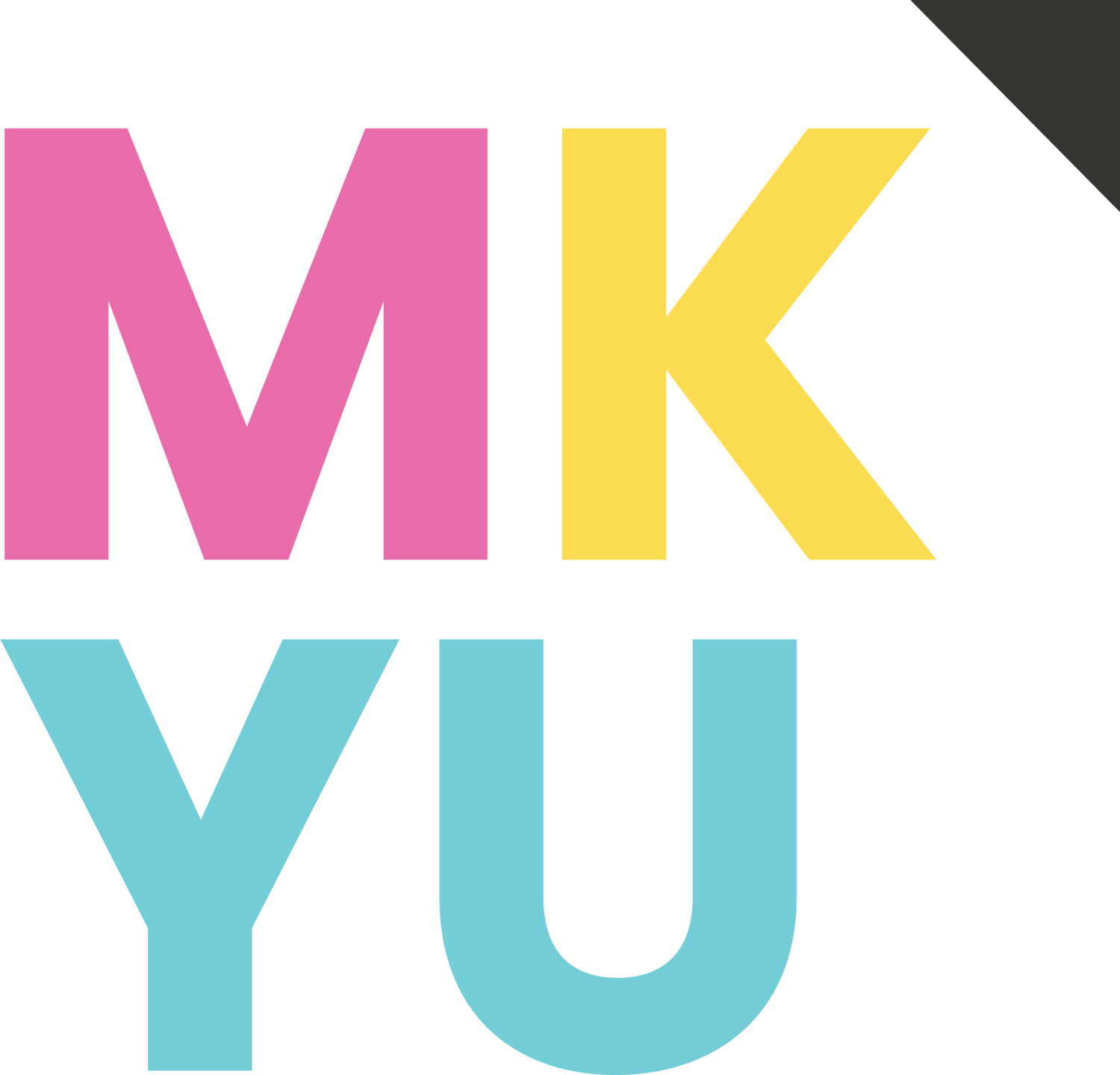Career Fair Tips
A few weeks ago, I finished my last rounds of college career fairs. Fall is always a busy time for college recruiting, especially since many companies begin new grad interviewing in Q4. From my second year attending college career fairs, I've noticed that strong students are on top of things early on in the game; for example, Stanford's fall career fair began one week after school started (I was impressed to meet so many well-prepared freshmen!). After attending several career fairs as an employer, here are a few tips that I wanted to share. These tips apply for both new grad and industry folks.
1) Do your research on the company. The people "boothing" will meet with many, many prospective candidates. Usually, I get asked the same questions over and over again. "What does your company do? " "What are you looking for?" "What are the next steps in the process?" While these aren't terrible questions to ask, these are commonly asked, and that makes you blend in with the rest of the crowd (yawn). Show them that you have done your homework beforehand (and make it easier on them so they don't need to constantly repeat). You don't need to be an expert on what the company does, but a general understanding is fine.
Tip: spend some time before the career fairs to go through and research all the companies that are attending (yes, it can be tedious). You might not get to all of them, but choose at least the ones that are interesting or within the field you wish to enter. Bonus: go to that company's careers/job listing page and see what they are hiring for! If something sounds interesting, bring it up to the person at the booth: see if you can learn about the role and how to apply.
2) Stand out as much as possible. This doesn't mean doing something crazy to your outfit or handing out a pink resume so that the person will remember you. Be yourself, but show how and why you are unique. My company (and most other companies) will pick up couple hundred resumes from the career fair. We review every single resume that is dropped off, but chances are, we might not be able to put a face to the name or remember exactly who we spoke with. There isn't enough time to jot down notes, so in your brief 2-4 minutes of alone time with the company representative, make sure you've presented a clear and compelling image/story of yourself.
Tip: If you have a project that you've worked on that could help visualize your work, demonstrating this to the representative would help you stand out. For example, my colleague met a student who had created an iPhone app that he demo'ed on the spot. Other ideas would include: creating a one-pager document of products/projects you've launched (for PMs), one-pager sample designs you've created (for designers/UIUX), etc. You could attach this to your resume, or pull this up to the representative when speaking to them.
3) Don't ask repetitive questions. Recently I sat in an info session for an MBA program. The program coordinators put together a nice, thorough presentation and left time for individual questions at the end. I noticed that most of the questions that had been asked were already been addressed during the presentation (or was something you could easily find online). Don't be that person. This makes you blend in with everyone else, and it clearly demonstrates that you were not listening.
In respect to how it works at a career fair, if you are waiting in line to talk to the company, and you overhear the answer to your question from someone in front of you, don't get back in line and re-ask what was just asked. Big minus points because 1) you are making your rep repeat what was just said and 2) re-asking the same question will not make you stand out.
4) Really.. Don't be shy! When I was in college, I used to be terribly shy at career fairs and professional networking events. The whole idea of it made me uncomfortable: having to walk around talking about yourself, wearing business attire and pretending to know what you're talking about, not sure how to leave resumes at the table or grab free swag.. I know, it's uncomfortable. But think of it this way: from the other side of the table, the companies actually want to talk to you! They spent all this time and money attend the fair -- they are there to specifically recruit and look for people like you. Plus, it just looks bad when no one is at their booth talking to them. So do them a favor too: stop by and grace them with your presence! Don't be afraid of the lines either.
Tip: Sometimes students cluster with their friends, which could be both a good and bad thing. Good for moral support if you are shy and you have an assertive friend with you; your assertive friend could help you get conversations going and make the transition easier. Bad if you are shy and not making an effort to stand out but instead getting overshadowed by your friend.
5) Be prepared. Okay this one should be self explanatory, but I'll include it anyway. Being prepared means having your resume with you (edited to perfection), out and ready to hand out. It doesn't mean having to sift through your backpack at the end of a conversation to find it crumbled up at (yes, speaking from first hand experience). It also means having extra copies so that you don't run out. Being prepared encompasses the first three points of my article: do proper research on the company, find a way to stand out and ask meaningful questions. In addition, keep an eye out for pre/post career fair events, as companies may host on-campus info sessions or networking events.
For those working in industry, it would be helpful to research which schools have an "open career fair," meaning you don't necessarily need to be a student to attend because they don't check ID's (hint: Stanford).
Tip: Most schools have a career service center that will help critique your resume and give you pointers, especially before a career fair starts. Utilize this service! You've already paid for it in your tuition :)
6) Lastly, follow up accordingly. Reps will usually bring tons of business cards to career fairs, so be sure to pick one up. If you had a good conversation with a company during the career fair, make sure to follow up! Chase those companies that you are particularly interested in. Write a strong email and be assertive about which role you are interested in, and attach a digital copy of your resume.

